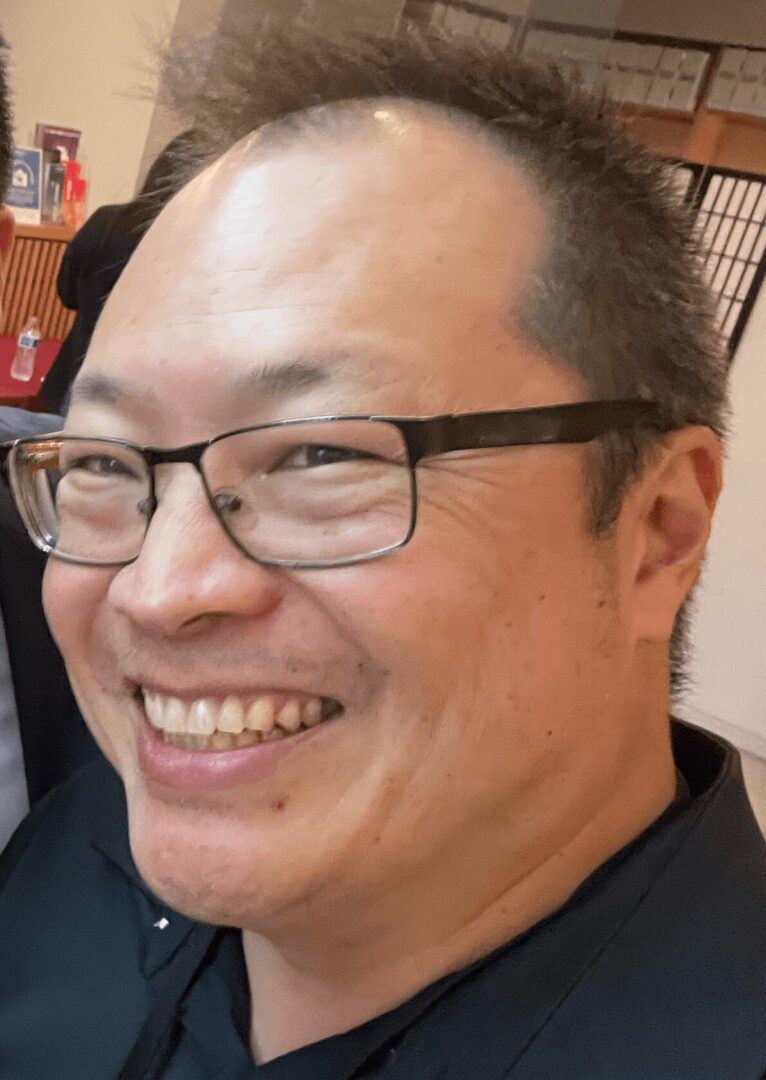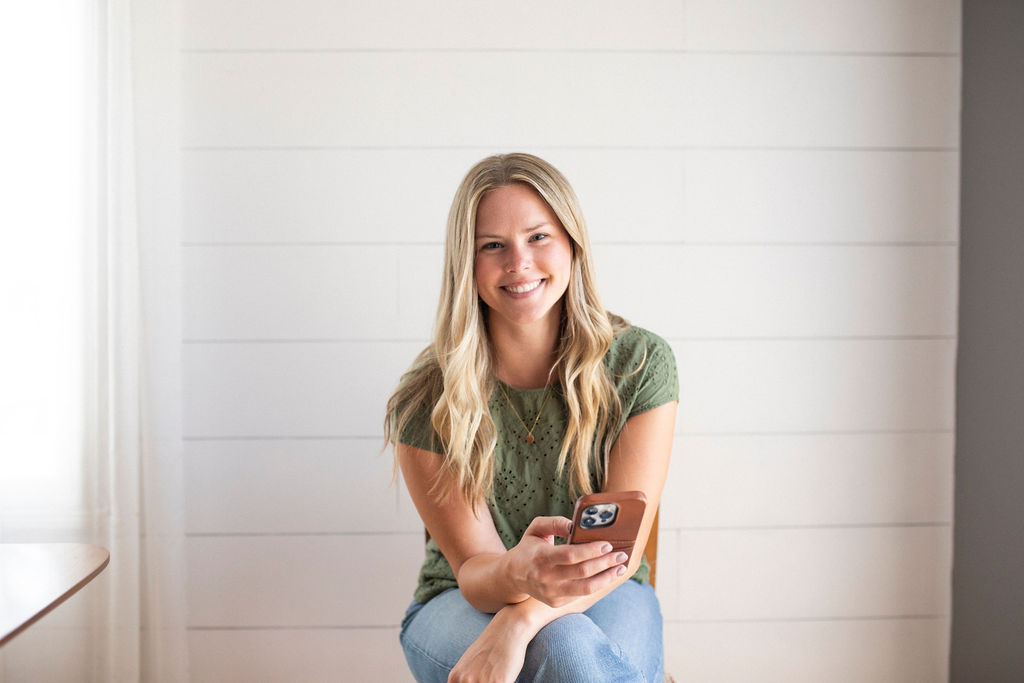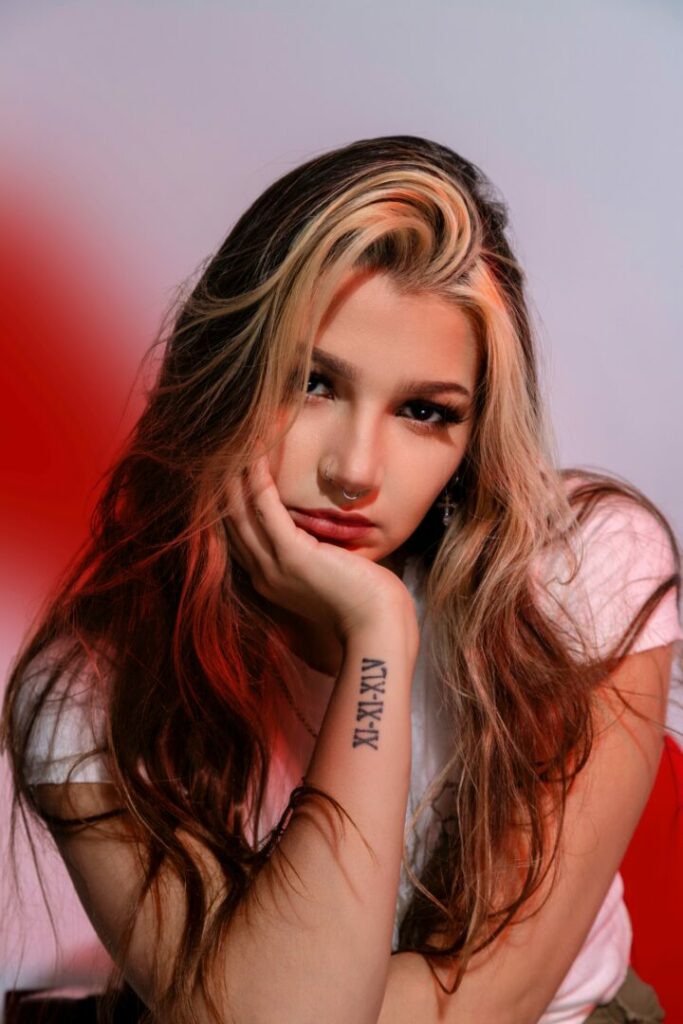We’re excited to introduce you to the always interesting and insightful Christopher Wong. We hope you’ll enjoy our conversation with Christopher below.
Christopher, appreciate you making time for us and sharing your wisdom with the community. So many of us go through similar pain points throughout our journeys and so hearing about how others overcame obstacles can be helpful. One of those struggles is keeping creativity alive despite all the stresses, challenges and problems we might be dealing with. How do you keep your creativity alive?
I think creativity is a frequently misunderstood thing. There’s often those fanciful images of creativity, like a stroke of inspiration suddenly hitting an artist, and although those moments can certainly happen, the act of being creative, the technique in creativity, comes with hard work and just trying to do it every day.
In terms of keeping creativity alive, I remember something a teacher in college once said to me, that there are two kinds of survival – financial survival, and creative survival. So I think the tricky thing for most working artists is finding a way to take care of both of those things so that neither of those parts of your life become unhealthy. Often early in a career, artists are just trying to find a way to make enough money, which I totally understand…I did that for so many years. But then the danger is that when money is the only reason you do certain jobs as an artist, you run the risk of finding yourself in bad creative experiences, and then that part of you can slowly die. What I’ve learned is that you have to protect the creative side of yourself by being wise about the projects you choose to work on, and the types of people you work with. It’s not an easy thing to solve for many of us, as it can be rare to find a project that both pays a lot of money and is deeply creatively fulfilling! But if you don’t protect your creativity, and it dies someday from too many bad experiences, that’s usually when people quit.
Assuming that your creativity is alive and thriving, I’ve also learned that the most important thing for a creative artist is to have something meaningful to say. Because ultimately art is about communication, and if you don’t have something important you’re trying to say, if you don’t have a message that travels from one person to another, that art doesn’t live inside our human experience.
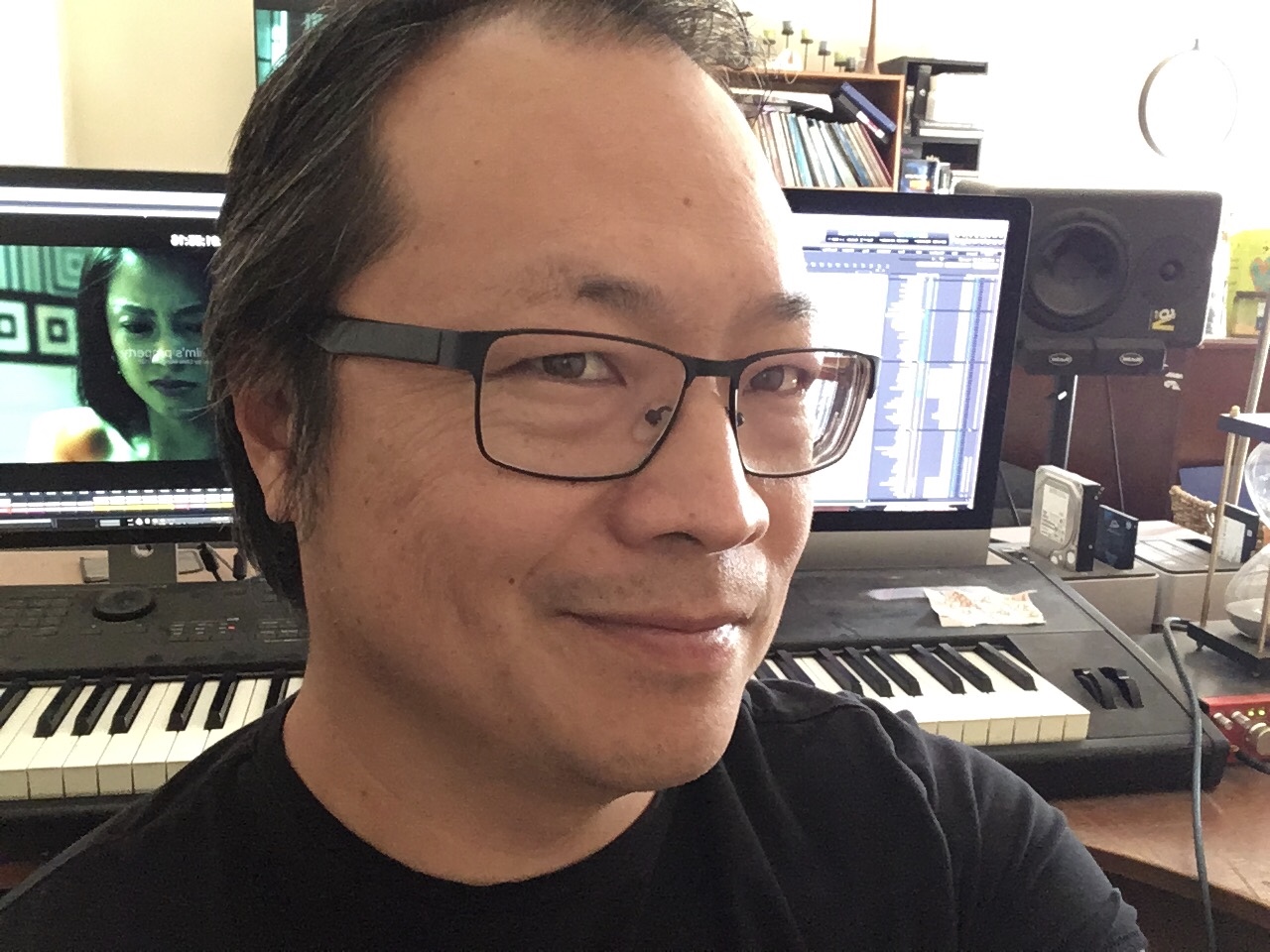
Great, so let’s take a few minutes and cover your story. What should folks know about you and what you do?
I’ve been writing music since my teens, and when I went to study music at UCLA, I knew I wanted to compose music, but I didn’t quite know for what medium. This changed my senior year when I met Jerry Goldsmith and studied film composing under him, and at the same time met a fellow student, Weiko Lin, who wanted to collaborate with me on writing a musical. At the time it felt exciting just to be working on any project, but in retrospect I now understand why it made sense for me. The connection between film and theater is that I’ve always thought of music in terms of telling stories, and both of these mediums were areas where I could do that.
Although Weiko and I wrote a few musicals together when we were young, I went and focused on film for the vast amount of my creative work in the past 20 years. I was wanting to experience the theater side of creativity again, which is why I approached Weiko to create our current musical in development, “Rise To The Top”. We’ve had one concert earlier in February this year at the Japanese American National Museum, and we are working on putting together a staged reading of the entire script and score soon. Please follow us at the show’s Instagram page for updates! https://www.instagram.com/risetothetopmusical/
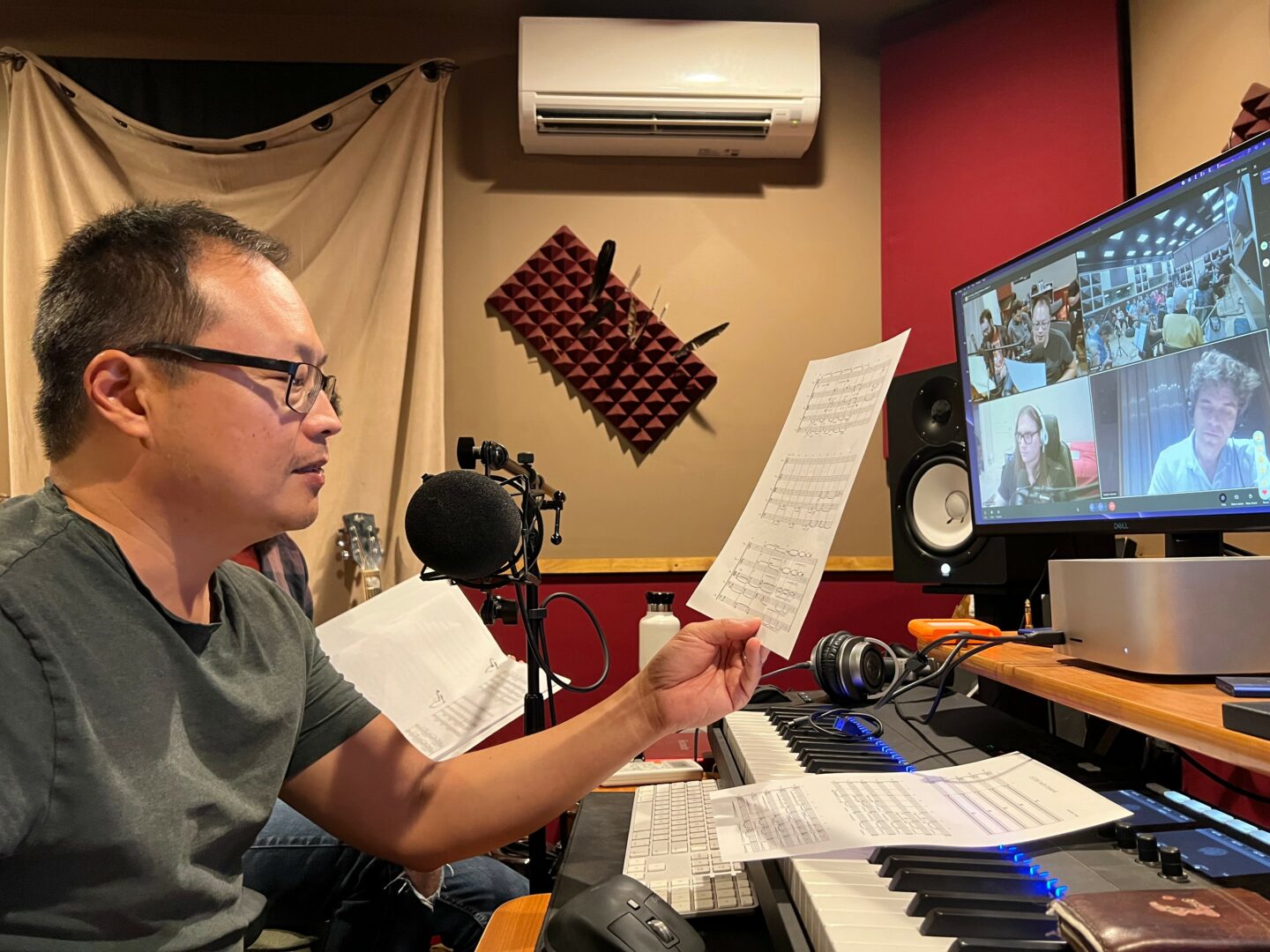
If you had to pick three qualities that are most important to develop, which three would you say matter most?
One viewpoint I would take specifically for artists is to play the long game. This is a sometimes tough journey, and discouraging things happen to everyone. If something discouraging happens, it’s not the end of your career, just find the next project. Don’t set yourself in a certain timeline based on what you see other people do. It can take time to achieve anything in the arts, so find a way to stick around and just keep doing it. Some people call this resilience or grit, but I think it’s maybe those things with a bit of perspective mixed in.
One of my teachers in college also told me “Music is a social art.” Yes, talent and hard work is important. But maybe just as important is empathy, collaboration, coming up with work solutions where everyone wins. The act of creating art together should make the creative team’s lives better and we all need to be a part of that.
And along the lines of all of this, what I’ve learned is to be wise about what you choose to work on. We all have bills to pay, but it’s not always about maximizing how much money you can make. Work on projects with people who’s values you respect, and choose projects that will keep your creativity alive.
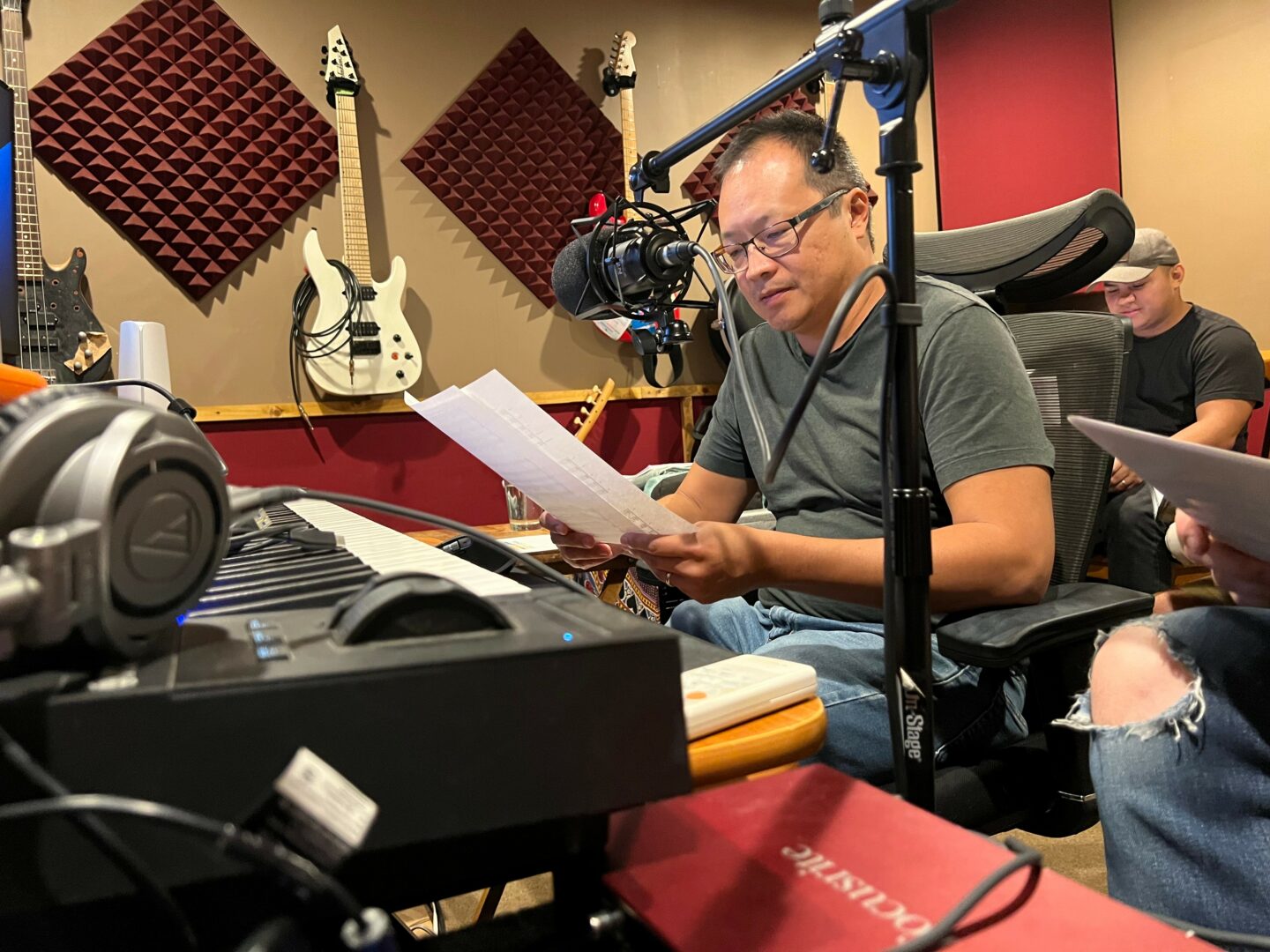
How can folks who want to work with you connect?
I think of myself primarily as a musician and writer who wants to work on stories that help us find connection when we didn’t know the possibility was there. I am Asian American, and so many of the stories I work on have to do with the Asian diaspora, but I am generally fascinated by stories about what came before us / how we got here, the problems in America and how do we get better together, the sacrifices that parents make for their children, and how do we leave a better world for the next generation. These are the kinds of themes that are in my new musical “Rise To The Top”, and I’m generally interested in talking to any kinds of artists that like to explore these things as well!
Contact Info:
- Instagram: https://www.instagram.com/risetothetopmusical/
- Facebook: https://www.facebook.com/profile.php?id=719087395
- Youtube: https://youtube.com/@gustav5th?si=h73BgBxKuG70Icm7
- Other: Spotify: https://open.spotify.com/artist/37LcCVDUnT7m9hKwC32fkz
email: chris@pacificbluemusic.com
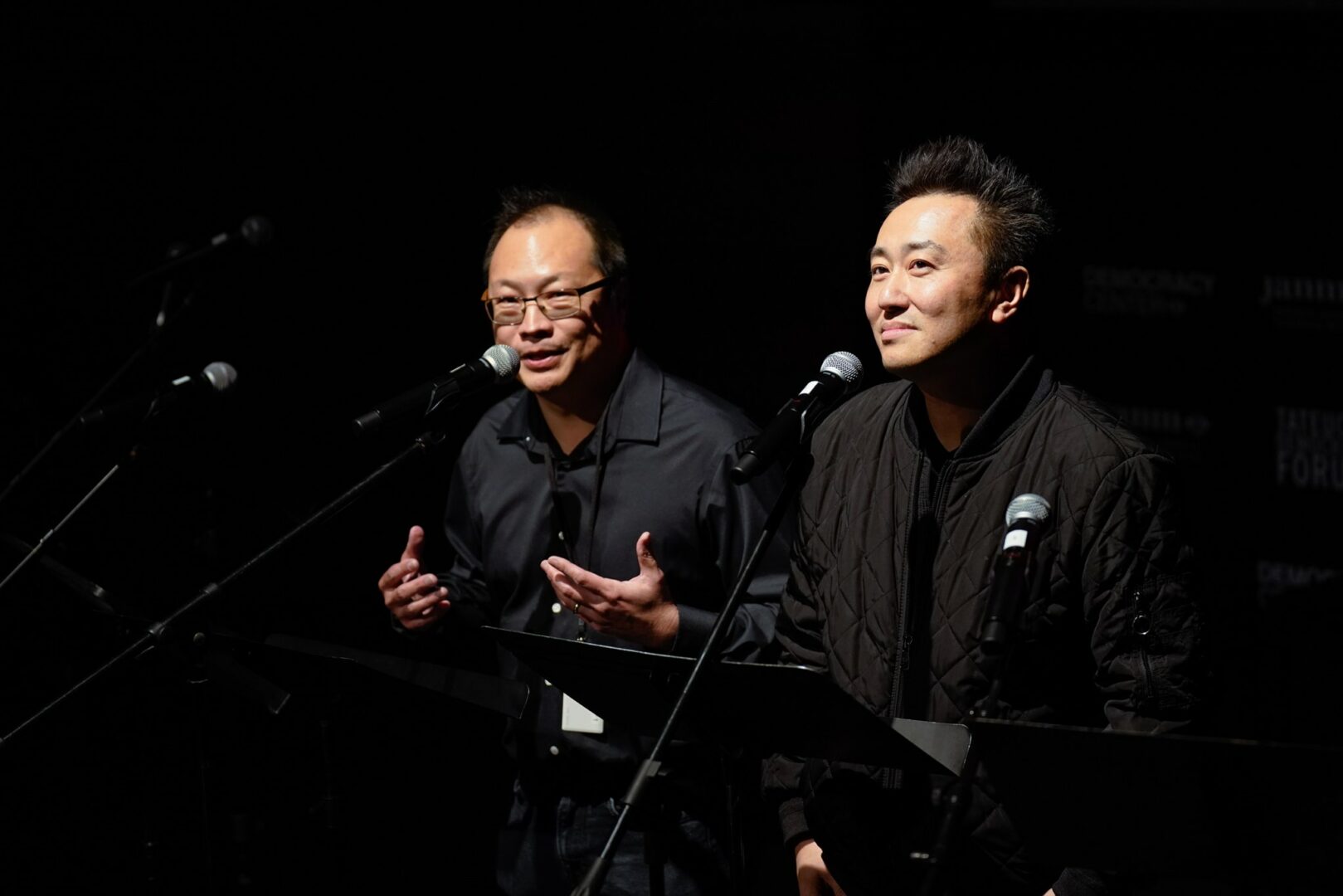
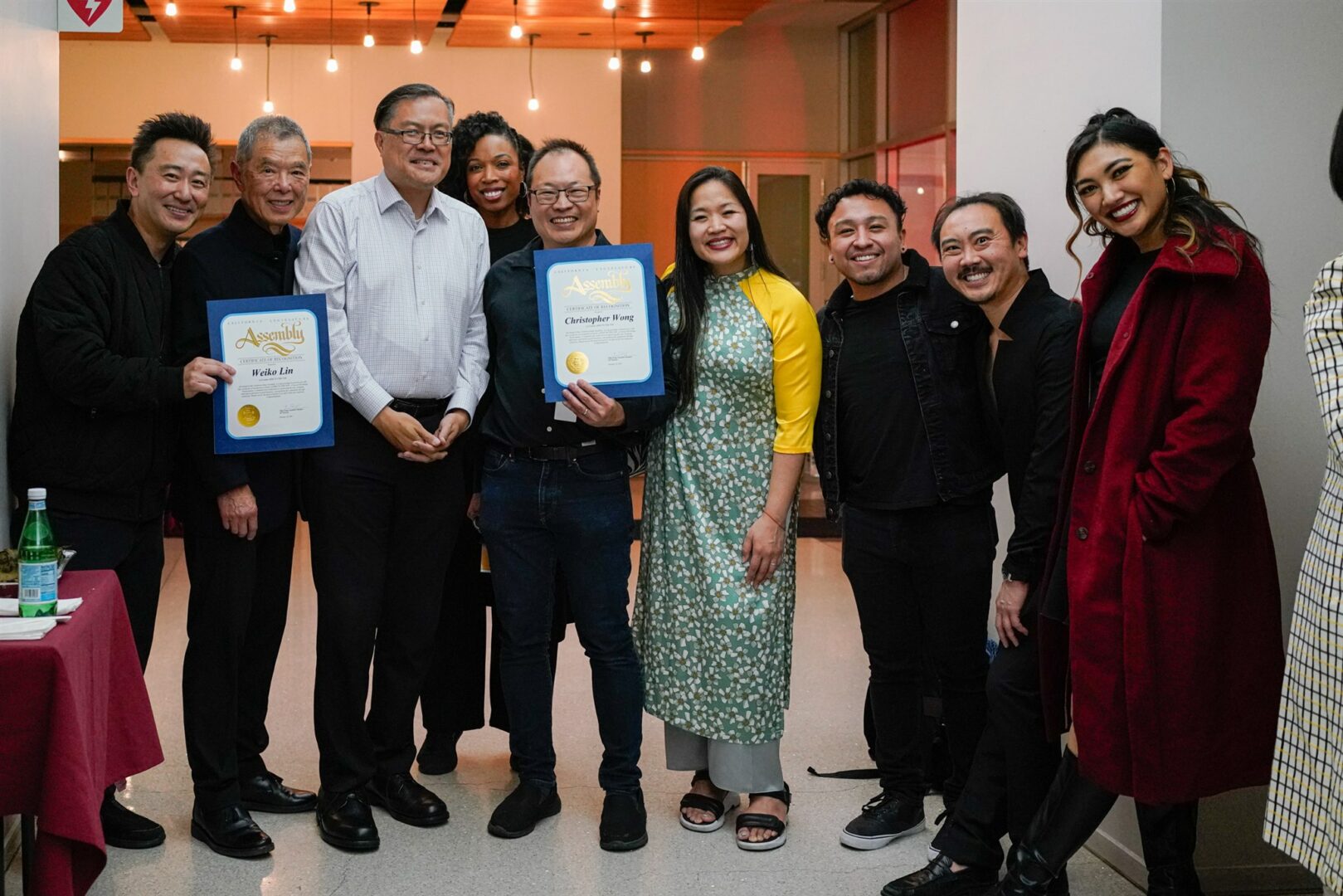
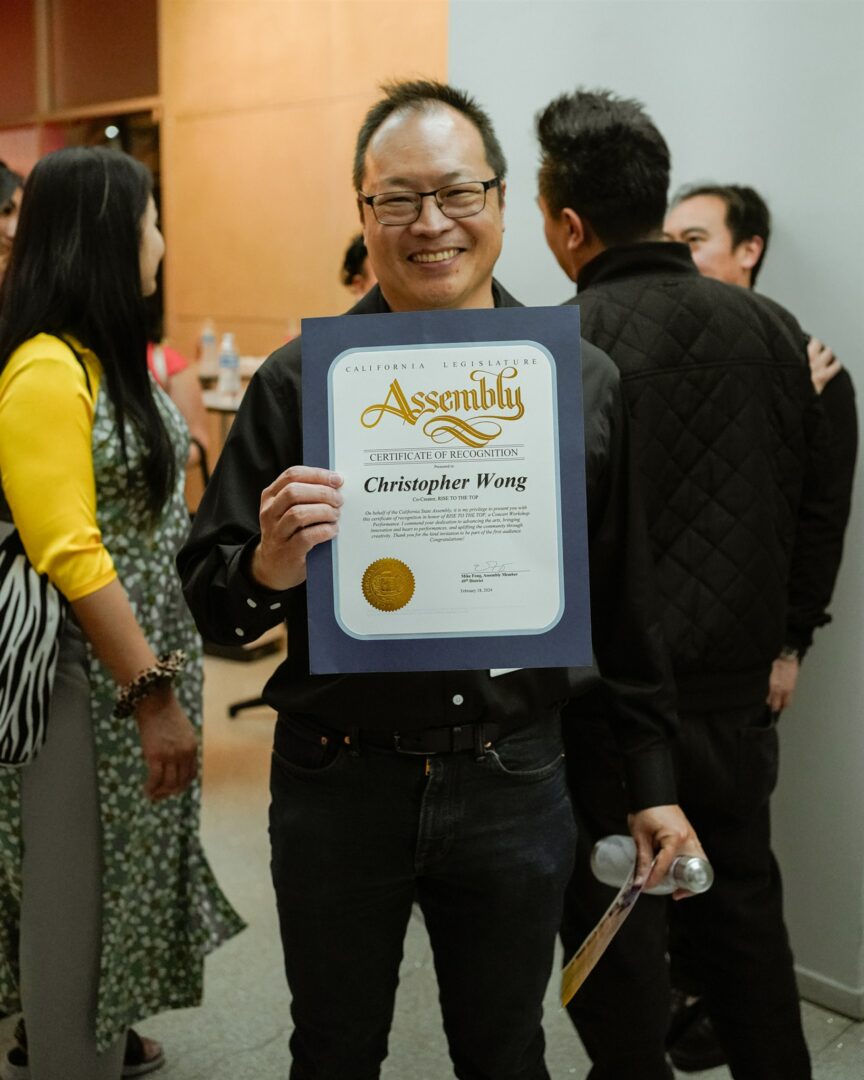
Image Credits
Andrew Castro
Jerry Rees
so if you or someone you know deserves recognition please let us know here.

